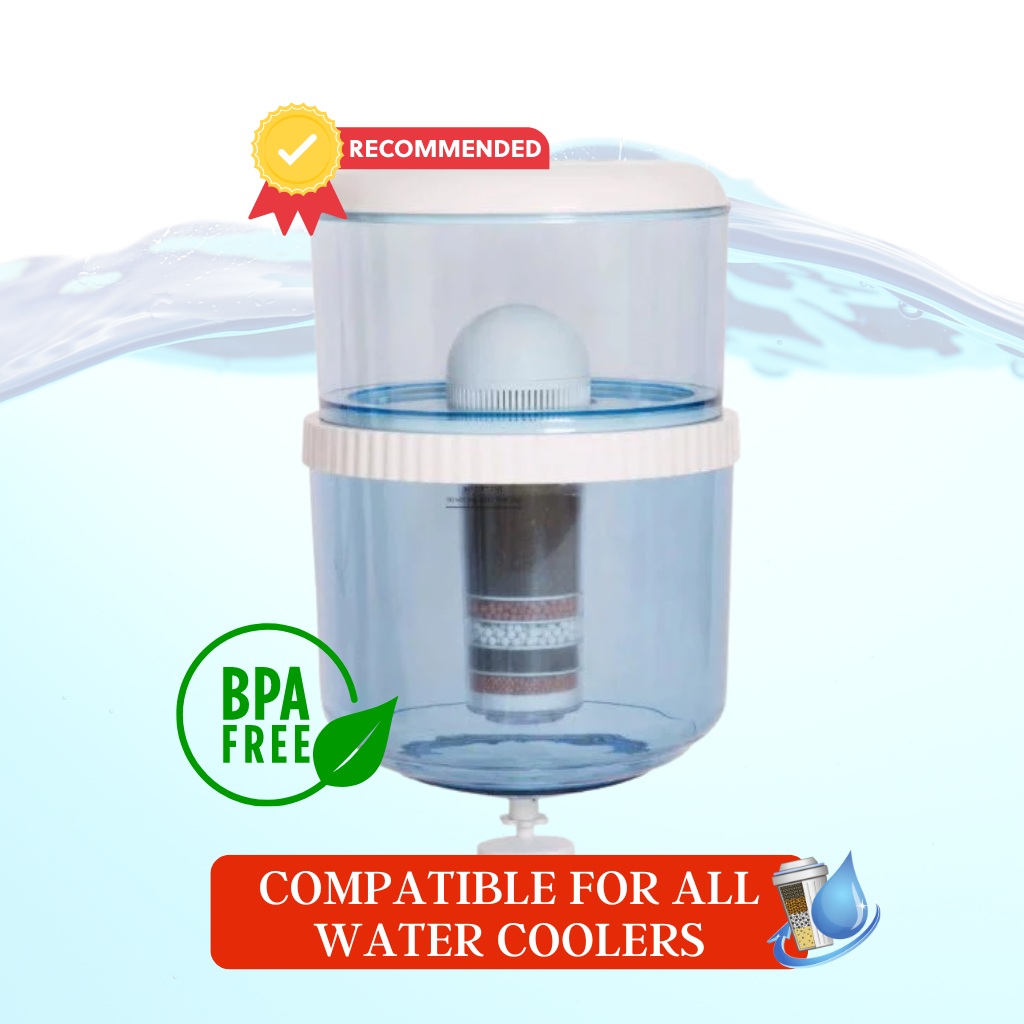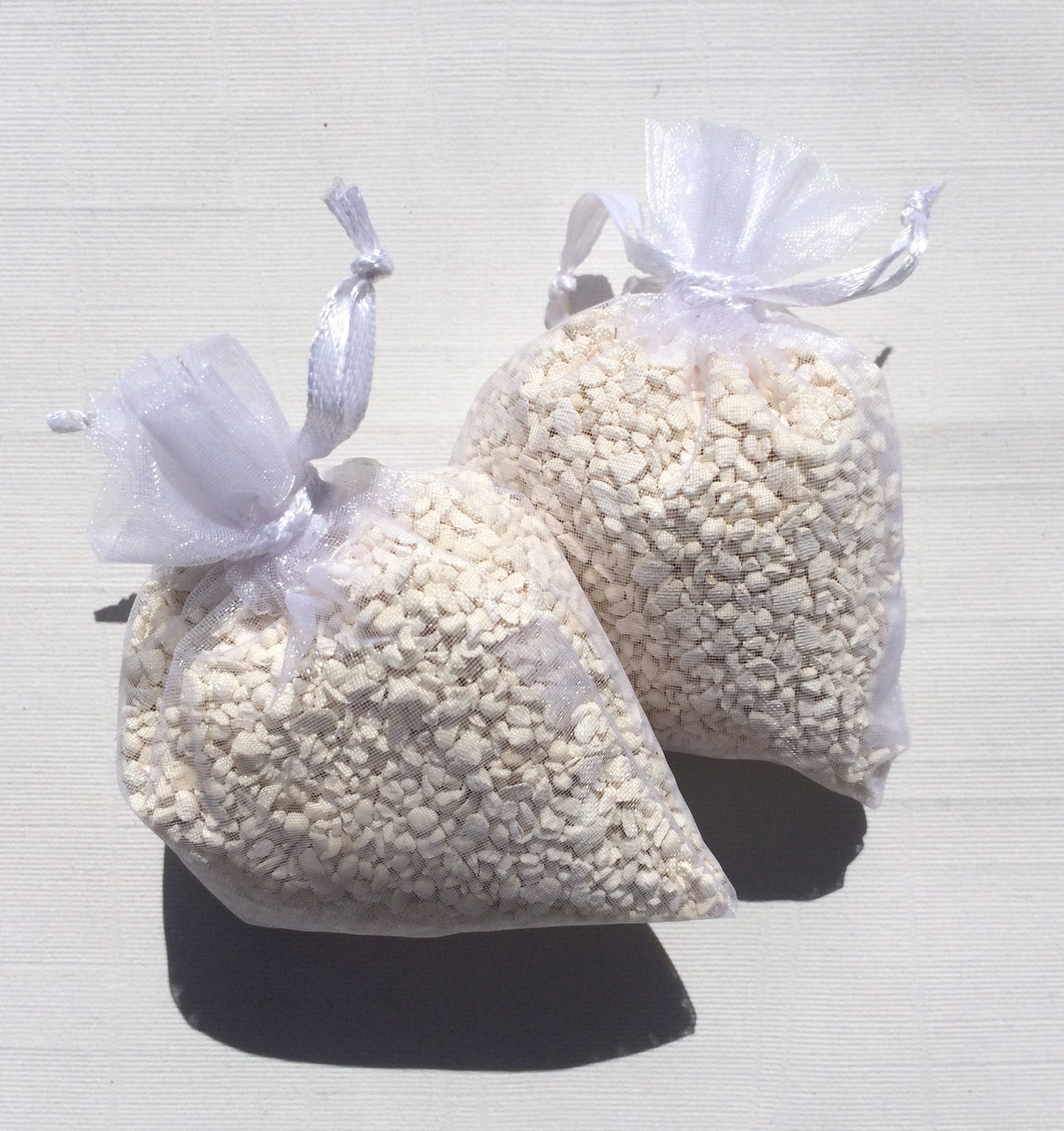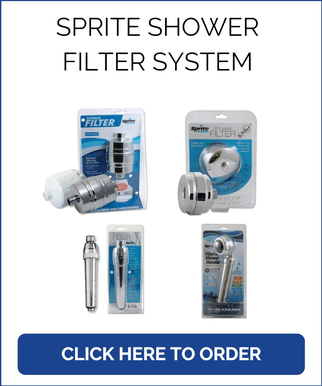BEST PRICES - FAST SHIPPING AUSTRALIA WIDE - GET YOURS NOW
Menu
-
-
Water Coolers
-
Water Filters & Purifiers
-
Water Filter System
-
Whole House Filter
- Single Stage Whole House Filter 10"
- Twin 10" Big Blue Whole House Filter 10" X 4.5"
- Triple Stage Whole House Filter 10"
- Anti Scale Whole House Big Blue Water Filter Replacement Cartridges 10" x 4.5"
- 2 x 1 Micron Coconut Carbon Block Water Filter 10" x 4.5
- Whole House Water Filter System Replacement Pack
- Single Big Blue Carbon Block Filter Cartridge MWF 10″ x 4.5″
- Twin Big White/Blue Polyspun Sediment Filter Cartridge MWF 10″ x 4.5″
- Triple Big White/Blue Polyspun Sediment Filter Cartridge MWF 20″ x 4.5″
- Benchtop Water Filters
-
Reverse Osmosis System
- RO 4000 Benchtop Reverse Osmosis Water Filter System with American Alkaline
- RO 3000 3 Stage Benchtop Reverse Osmosis
- RO 4000 Benchtop Reverse Osmosis Water Filter System with Standard Alkaline
- Reverse Osmosis Water Filter Replacement Cartridge
- Omnipure K-2540 Micron Sediment Filter
- Omnipure K5555 Water Filter Ion Exchange
- Filmtec 75 TFC Residential RO Membrane
- Filmtec 100 GPD RO Membrane
- RO Alkaline Water Filter Replacement Cartridge
- Omnipure K5650 - JJ Inline Filter 5 Micron with Pushin Connections
- Undersink Water Filter
- Drinking Steam Purifier And Distiller
-
Shower Filters
- HOC High Output Shower Filter Replacement Cartridge
- Sprite Handheld Filter Cartridge
- Sprite Universal Shower Hose Filter - Chrome
- Hand Held Shower Pure 7 Setting Shower Filter Brushed Nickel
- Sprite Slimline Shower Filter Cartridge
- High Output Chrome Shower Filter - White
- High Output Chrome Shower Filter - Chrome Brass
- Water Bubbler
-
Whole House Filter
- Replacement Water Filter Cartridges Guide
-
- Home
- FAQ
- Contact Us
- Shipping | Return | Refund | Warranty
- Install it with Airtasker
- 1-800-789-781
- Login
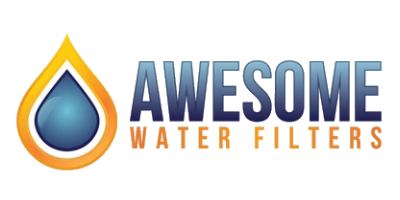
BEST PRICES - FAST SHIPPING AUSTRALIA WIDE - GET YOURS NOW
WATER COOLERS
Water Filters & Purifiers
Water Filter System
What Is A Shower Filter: Complete Guide
September 30, 2021 8 min read
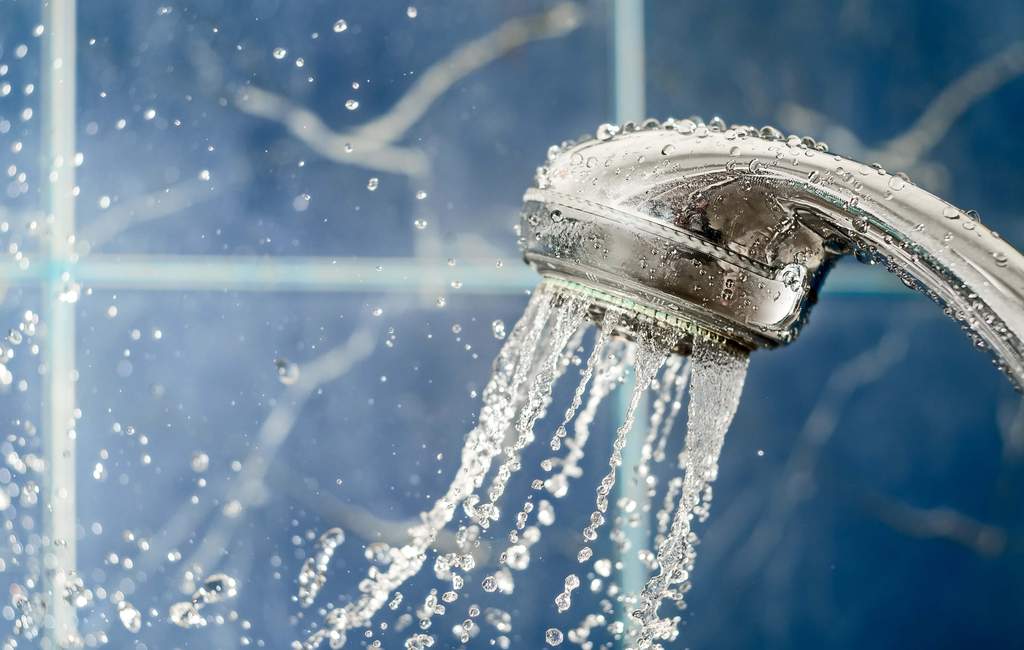
Do you have dry, itchy skin which you can’t seem to get rid of? Or do you have a limp, lifeless mane? Do you have soap scum or residue in your water regularly? You may be washing in a shower without a shower filter if you regularly experience one or more of the impacts indicated above. But, what is a shower filter, and do you need one?
UNFILTERED WATER
Our skin is our largest organ, and it protects our interior organs from harmful environmental substances. However, as the world’s water situation worsens, many of us may be exposed to poisons or undesired compounds in our tap water. After all, freshwater makes up only 3% of the water on the planet’s surface, with the rest being salt. Only about 1% of the 3 percent is currently available to humans. Being a universal solvent, water can dissolve more chemicals than any other liquid on the planet, making it extremely pollutable.
Despite this, around 80% of the world’s wastewater is thrown, mostly untreated, into our streams, rivers, and lakes. These are available as municipal freshwater sources. When it rains, pesticides, nitrate fertilizers, motor oil, heavy metals, and other hazardous pollutants wash into our precious water supplies from our farms, towns, and factories. Everything we flush goes into a water source in some way; it doesn’t just disappear.
Fortunately, some of these chemicals may be filtered and removed by municipal water treatment plants. However, they frequently add chemicals such as chlorine, which can cause skin problems such as atopic dermatitis. Chlorine kills bacteria, but it’s not the most pleasant chemical to apply to the skin for many people.
Read More
Individuals that get their water from wells and, as a result, groundwater do not have to worry about chemical additives like chlorine or fluoride. However, pollutants may still be present at the bottom of their wells. When contaminants like those stated above find their way into subsurface aquifers, they damage groundwater.
Please don’t let this terrify you into racing to the store and purchasing as many bottled waters as you can. It’s not only costly but also environmentally harmful. The sources of water utilized in bottled water are typically inferior to what you currently have.
You may install numerous household water filtration systems, varying from under-sink filters to whole-house filters. It will protect you from water contaminants. But what if such solutions are prohibitively expensive? Or maybe you’re a renter in desperate need of a quick fix. Or perhaps you’d like to add another layer of protection to your home’s filtering system? Shower water filters could be the solution in this case.
What Is A Shower Filter?
A shower filter is a kind of water filter that removes chlorine and chloramine from the water, preventing dryness and irritation in your skin and hair. Chlorine aggravates pimples, acne, and rashes, among other skin disorders. Your skin produces oils to defend itself from injury and overexposure. Chlorine depletes the natural oils in the skin, making it dry and itchy. It would irritate any existing skin sensitivity, particularly in babies and children.
Chlorine is also harmful to one’s hair. It will fade the color of colored hair prematurely, leaving your hair flat and dull. Washed hair with chlorinated water will be brittle, dry, and stiff. Chlorine in your family and pets can cause split ends, a green tint to blonde hair, and dandruff. Chlorine, like water, depletes your hair’s protective oils, making it weak and unhealthy. Itching, dry scalps, and dull hair cells are the result. If your water contains great amounts of chlorine that aggravate your skin and hair, a shower filter is a must-have addition to your home.
When you take a shower, the warm water and steam open your pores. Your skin is substantially more absorbent when you’re in a warm, damp environment (hence why soap and skincare products often instruct you to apply to skin rinsed in warm water.) However, your skin is significantly more sensitive to collecting toxins and contaminants while showering. When you bathe, chlorine has a low molecular weight and can easily pass through your skin and into your system. You can also inhale it because it is exhaled as a gas. A 10-minute shower in chlorinated water exposes you to more chlorine than ten glasses of water.
TYPES OF SHOWER FILTERS
We can divide shower filters into two categories: filtered showerheads, which require you to replace your showerhead, and in-line filters, which let you use any showerhead you like. These items employ several filtration methods, including:
KDF Shower Filters
Companies use zinc and copper to make KDF filters, which generate a small electrical-chemical charge across them. Mercury, aluminum, arsenic, cadmium, and even chlorine might dissolve with this method.
- NSF/ANSI Standard 177 approved the removal of free chlorine (90-95 percent).
- Remove a small amount of water-soluble heavy metals—this is not a certified procedure.
- Reduce the production of scale caused by hard water.
- Lesser bacteria.
- Limit the spread of algae.
- You can use both hot and cold water to complete the project (up to 115 degrees Fahrenheit or 46 degrees Celsius)
Vitamin C Shower Filters
Shower filters with vitamin C aren’t for everyone because they answer a very specific need. They do, however, fix the problem better than any other filter.
Vitamin C, often known as ascorbic acid, is excellent at eliminating chlorine and chloramines. They’re so good at removing chlorine and chloramines in water that they can remove up to 99 percent of them.
Vitamin C does not, technically, remove chlorine and chloramines from water. Rather, as the water passes through the filter cartridge, it neutralizes the chlorine/chloramines. As a result, the Vitamin C serum depletes over time and requires replenishing.
Vitamin C shower filters are typically priced between $60 and $90 and last around three months, half as long as a KDF filter.
Keep in mind that chlorinated water is available to most houses around the world. That’s why most homes would be better off obtaining a chlorine-removing KDF filter.
Activated Carbon Filters
Granular Activated Carbon (GAC) filters in a better, upgraded version. Coconut activated carbon (CAC) filters effectively remove pollutants, including chloramines, chlorine, and volatile organic compounds (VOCs). It also improves the odor and taste of water.
CAC filters are more commonly utilized than GAC filters for various reasons, the most important of which is that CAC filters function in both hot and cold water.
PROCESS OF SHOWER FILTERS
The following is an explanation of how shower filters operate. Shower filters use filtration media like Kinetic Degradation Fluxion (KDF) to remove irritants like chlorine and chloramines from shower water. The chlorine in shower water is removed, making the water considerably softer on the skin and hair. De-chlorinated water will also be free of the noxious chemical odor you’re used to.
The Kinetic Degradation Fluxion is a common filter media made up of granular zinc alloys that exchange electrons with pollutants in the water. Chlorine and other heavy metals chemically convert to innocuous compounds that do not agitate or aggravate sensitive skin problems due to this exchange. The chloride ion is a significant product in these non-toxic compounds. The filter system successfully prevents skin or hair damage since chloride ions have no negative effect on hair or skin. This filtration system is also commonly used to enhance the flavor of the water.
KDF eliminates chlorine from water by converting it to water-soluble chloride ions that are safe for the environment. The specific mechanism is as follows: as chlorinated water travels through the KDF filament, the two different metals (copper and zinc) cause an electrolytic or galvanic reaction, which converts chlorine to chloride. KDF is also effective at removing heavy metals such as lead, iron, and other metals. Furthermore, the KDF media inhibits the growth of internal germs and avoids the accumulation of algae in the shower filter.
Can Activated Carbon Filters in Shower Filters Replace KDF?
Although carbon filters are well-known for their ability to remove chlorine from water, their effectiveness decreases as the temperature of the water rises. As a result, activated carbon filters are best used in drinking water because most people consume cold water. However, since most individuals will take hot showers sometimes, using carbon filters in the shower becomes a terrible decision. When activated carbon blocks come into touch with hot water, they release any impurities previously entangled within the carbon medium into the water. However, unlike most filter media, KDR’s effectiveness is unaffected by water temperature, making it a good choice.
BENEFITS OF SHOWER FILTERS
Reduce Chlorine
Shower filters are popular among homes because they can minimize chlorine in shower water.
If you’ve ever been to a water park or swum in a pool, you’re aware of the drying effect chlorine has on your skin. Chlorine in your shower water may harm your hair and skin over time.
Reduces Chloramine
Chlorine isn’t the only chemical filtered by shower filters. It also filters chloramines. Chloramine is chlorine and ammonia-based chemical compound. It has a unique and disagreeable odor that, when present in sufficient concentrations, can significantly impact the overall smell of your shower water.
Treated water with mono-chloramine may have high levels of chemical byproducts.
Reduces THMs
Many byproducts of chlorine treatment, including chloramines, can be just as (or even more) hazardous as the chlorine itself. “A study by government and academic researchers adds to prior data that skin absorption and inhaling of THMs linked with drinking tap clean water every day may arise in much greater blood THM concentrations than plainly consuming the water,” according to the Environ Health Prospect. As a result, THMs absorbed in the shower could have negative health consequences.
Shower filters, fortunately, minimize a variety of chlorine byproducts, particularly THMs. Pick a good shower filter that keeps dangerous byproducts away from your household.
DURABILITY OF SHOWER FILTER
A shower head filter should last roughly six months on average. The longevity of a shower filter, however, is significantly dependent on how frequently you use it. Shower filters are usually rated according to the amount of water they can treat. So, whereas an average individual consumer may use 10,000 gallons of water over eight months to a year, a family of four will not go through that much water in that time. In the latter instance, the shower filter’s efficiency will deteriorate considerably more quickly.
Because few people keep track of how many gallons their showers consume, the most effective technique is to keep an eye on the effectiveness of your shower filter by looking for signs of chlorine leaking back into the shower. If you feel dry, itchy skin, and weak hair after a few months, it’s time to replace your shower filter.
INSTALLING SHOWER FILTERS
Shower water filters are simple to install as a do-it-yourself job. The procedure is straightforward, and each filter will include instructions. The fundamental concept is to remove your existing showerhead from the threaded pipe, install a filter on the tube, and reconnect the showerhead to the filter. Some filters may be slightly more difficult to install than others, but it is generally a straightforward process. You don’t need to employ a plumber to install a shower filter; if you can open a jar of jam, you can install a shower filter.
FINAL THOUGHTS
What is a shower filter? Shower filters are a point-of-use device that reduces skin-damaging chlorine to improve your shower experience. It takes a combination of research and choice to get the best shower filter for you and your family.
You can start your search for high-quality shower filters in Australia here at Awesome Water Filters!
Subscribe
Sign up to get the latest on sales, new releases and more …





